DIGITAL ADDS
Celebrity ads shooting
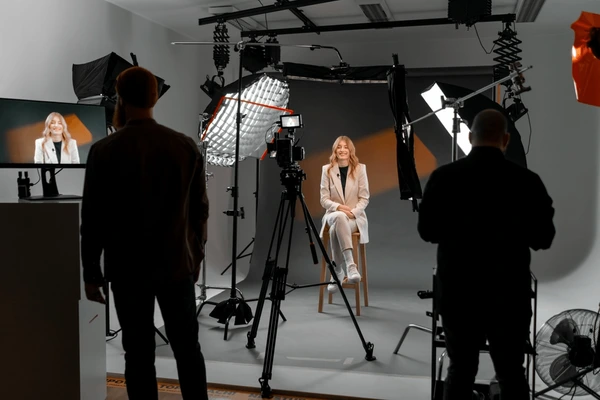
Celebrity ads for shooting typically involve well-known figures endorsing products, services, or campaigns related to firearms, shooting sports (e.g., target shooting, hunting), or even symbolic shooting themes in advertising (e.g., political ads using shooting metaphors). These ads leverage the celebrity’s fame to attract attention, build credibility, or appeal to specific demographics, such as sports enthusiasts, hunters, or political audiences.Grow Your Brand Online with Expert Digital Marketing
Benefits Section:
- “Attention-Grabbing” with a spotlight icon.
- “Credibility” with a trust badge icon.
- “Targeted Appeal” with a demographic chart icon.
- “Media Coverage” with a news headline icon.
- Business Tie-In: A small icon of a digital marketing ad (e.g., a banner with “Grow Your Business”) to connect to your context.
- Background: Red with black and yellow accents, creating a bold and dynamic look suitable for a shooting theme.
Examples of Celebrity Ads Involving Shooting Themes
- Sports Celebrities in Shooting Sports Ads: Athletes like Olympic shooters or hunters (e.g., Kim Rhode, a six-time Olympic medalist in shooting) often endorse shooting equipment brands like Beretta or Winchester. These ads highlight the celebrity’s expertise to promote firearms, ammunition, or shooting accessories, emphasizing precision and performance.
- Political Ads with Shooting Themes: Some political campaigns use celebrities or public figures in ads that feature shooting to symbolize toughness or opposition to certain policies. For example, a 2022 ad by GOP Senate candidate Jim Lamon showed him shooting at actors portraying political figures (Biden, Pelosi, and Sen. Mark Kelly) to depict a “showdown” against political opponents. This ad, which aired during the Super Bowl in Tucson, sparked controversy due to its violent imagery, especially given Kelly’s wife, Gabrielle Giffords, survived a shooting in 2011. Critics like Shannon Watts of Moms Demand Action called it “disgusting.”
- Entertainment Ads with Shooting Themes: Celebrities in action movies often appear in ads that feature shooting to promote films or related products. For instance, Arnold Schwarzenegger starred in a 1990s Japanese ad for Alinamin V energy drink, portraying a maniacal king shooting energy blasts, tying his action-hero persona to the product’s energizing effects.Digital Marketing Services
Add Shooting
Process Section:
- “Pre-Production” with a script icon.
- “Production” with a clapperboard icon.
- “Post-Production” with an editing software icon (e.g., a laptop with editing software).
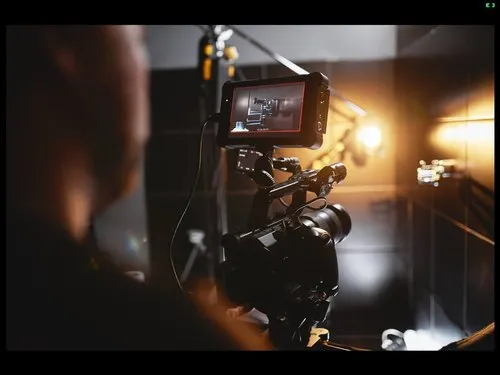
Steps Involved in Ads Shooting
- Pre-Production (Planning)
- Define Objectives: Determine the ad’s goal (e.g., increase brand awareness, generate leads for your registration services).
- Target Audience: Identify your audience (e.g., entrepreneurs needing GST/FSSAI registration).
- Script and Storyboard: Write a script and create a storyboard outlining the ad’s narrative, visuals, and key messages. For example, your ad might show a small business owner struggling with registration, then succeeding with your help.
- Budget and Resources: Set a budget (e.g., ₹50,000-₹5 lakh, depending on scale) and arrange resources like a filming crew, equipment (cameras, lights, microphones), and location (e.g., an office or studio).
- Casting: Decide on actors or spokespersons. You might use a celebrity (as discussed previously), a client testimonial, or a professional actor to play a business owner.
- Production (Filming)
- Set Up: Arrange the filming location, props, and equipment. For your ad, this might include a desk with registration documents, a laptop showing the GST portal, or a food package with an FSSAI logo.
- Directing and Shooting: The director oversees the shoot, ensuring the script is followed. Scenes might include a business owner speaking to the camera (“I registered my company with [Your Firm] in just 5 days!”) or a montage of your team assisting clients.
- Lighting and Sound: Use proper lighting (e.g., soft lighting for a professional look) and high-quality microphones to capture clear audio.
- Multiple Takes: Shoot multiple takes to ensure you have enough footage for editing, capturing different angles and expressions.
- Post-Production (Editing)
- Editing Footage: Use software like Adobe Premiere Pro or Final Cut Pro to edit the footage, selecting the best takes and arranging them per the storyboard.
- Add Effects and Graphics: Include text overlays (e.g., “GST Registration – ₹2,000 Only!”), animations (e.g., a checkmark for “Approved”), or your logo.
- Voiceover and Music: Add a voiceover (e.g., a professional narrating your services) and background music to enhance the ad’s appeal.
- Color Grading and Sound Mixing: Adjust colors for a polished look and balance audio levels for clarity.
- Final Review: Review the ad to ensure it aligns with your brand and objectives, making any final tweaks before distribution.
Ai Based Ads
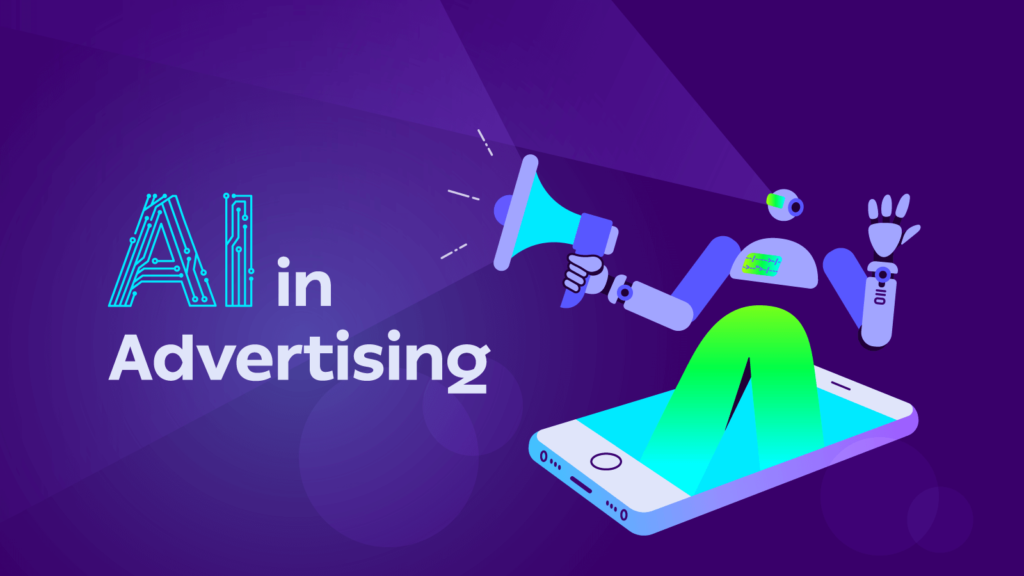
It refer to advertisements created, optimized, or delivered using artificial intelligence technologies. AI enhances advertising by analyzing vast amounts of data to target audiences more effectively, personalize ad content, optimize campaigns in real time, and even generate creative elements like ad copy, visuals, or videos. For a business like yours, AI-based ads can help promote your digital marketing or registration services with greater precision and efficiency, reaching the right clients (e.g., entrepreneurs needing GST/FSSAI registration) at the right time.
Benefits Section:
- “Precision Targeting” with a target icon.
- “Personalization” with a user profile icon.
- “Cost Efficiency” with a dollar sign icon.
- “Improved ROI” with a graph icon showing an upward trend.
How AI is Used in Advertising
- Audience Targeting: AI analyzes user data (e.g., demographics, browsing behavior, interests) to identify and target the most relevant audience. For example, platforms like Google Ads use AI to target users searching for “GST registration services.”
- Personalization: AI tailors ad content to individual users. For instance, an AI system might show a food business owner an ad for your FSSAI registration services while showing a startup founder an ad for Private Limited Company registration.
- Ad Creation: AI tools like DALL-E, MidJourney, or Jasper can generate ad creatives (e.g., images, videos, or copy). For example, Google’s Performance Max campaigns use AI to automatically create ad variations based on your assets (headlines, images, videos).
- Optimization: AI optimizes campaigns in real time by adjusting bids, budgets, and ad placements to maximize ROI. For example, Meta’s Advantage+ campaigns use AI to allocate budgets to the best-performing ad sets.
- Predictive Analytics: AI predicts user behavior (e.g., likelihood to convert) to prioritize high-value leads. For instance, AI can identify which users are most likely to need your registration services based on their online activity.
- Chatbots and Interactive Ads: AI-powered chatbots in ads can engage users directly, answering questions or guiding them to your services (e.g., “Need FSSAI registration? Let’s get started!”).
Digital Ads
What Are Digital Adds?
Digital adds, or digital advertising, refer to promotional content delivered through online platforms and digital channels to reach a targeted audience. Unlike traditional advertising (e.g., TV, print), digital ads leverage the internet and technologies like search engines, social media, websites, mobile apps, and email to promote products, services, or brands. They are a cornerstone of digital marketing, offering precise targeting, measurable results, and flexibility to adjust campaigns in real time. For a business like yours, digital ads can promote your digital marketing agency or Private Limited Company Registration services to a specific audience, such as entrepreneurs or startups.
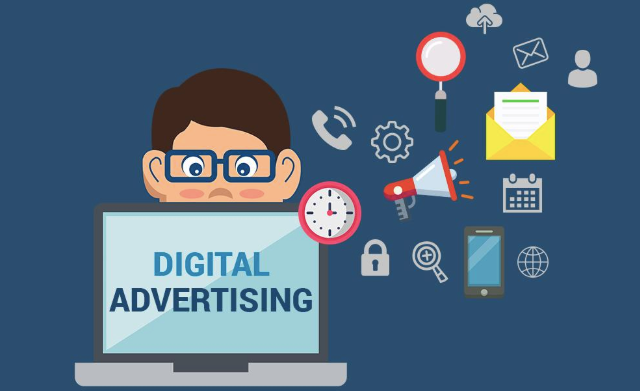
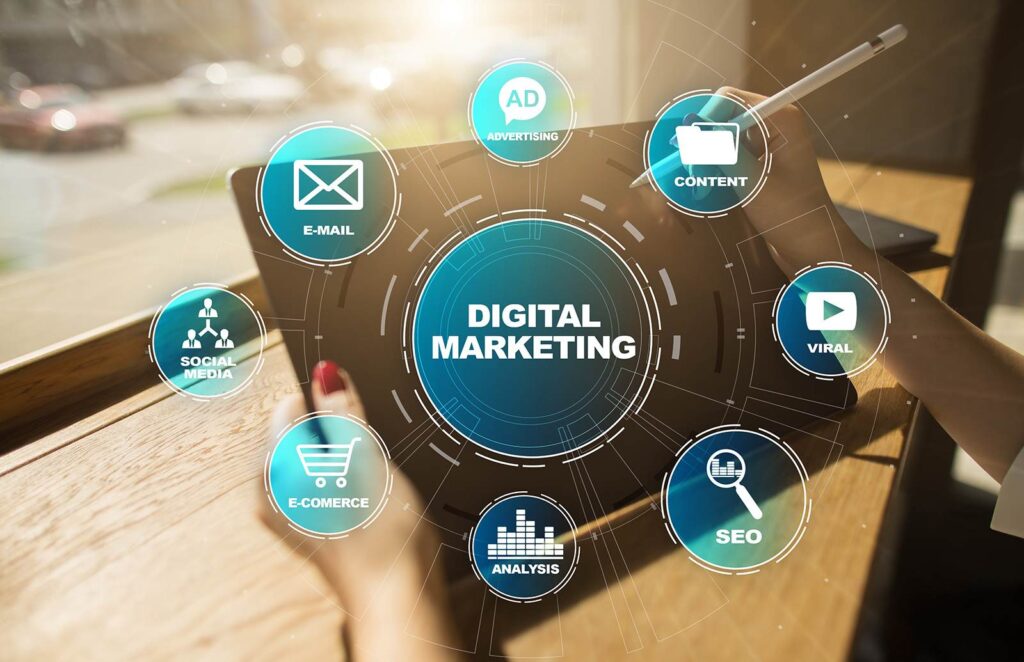
Benefits of Digital Ads
- Precise Targeting: Reach specific audiences (e.g., startups needing registration services) based on demographics, interests, or behavior.
- Cost-Effective: Options like PPC ensure you only pay for results, with budgets as low as $5/day on platforms like Facebook.
- Measurable Results: Track metrics like clicks, conversions, and cost-per-acquisition to measure ROI in real time.
- Scalability: Easily scale campaigns by increasing budget or targeting new audiences as your business grows.
- Flexibility: Adjust ad copy, targeting, or budget instantly based on performance, unlike traditional ads.
- Global Reach: Promote your services to a global audience, such as offering digital marketing to international clients.
Types Of Digital Adds

1. Search Ads
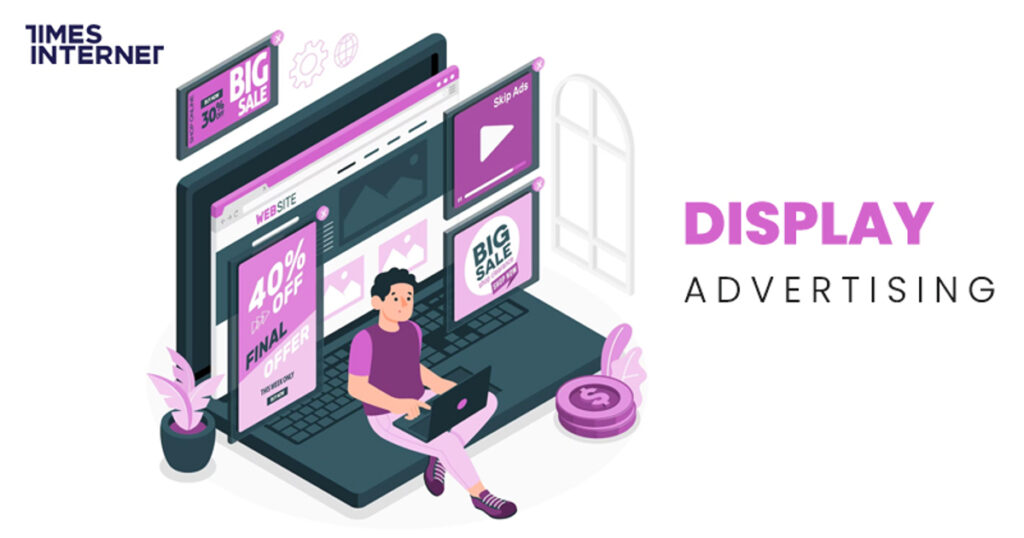
2. Display Ads
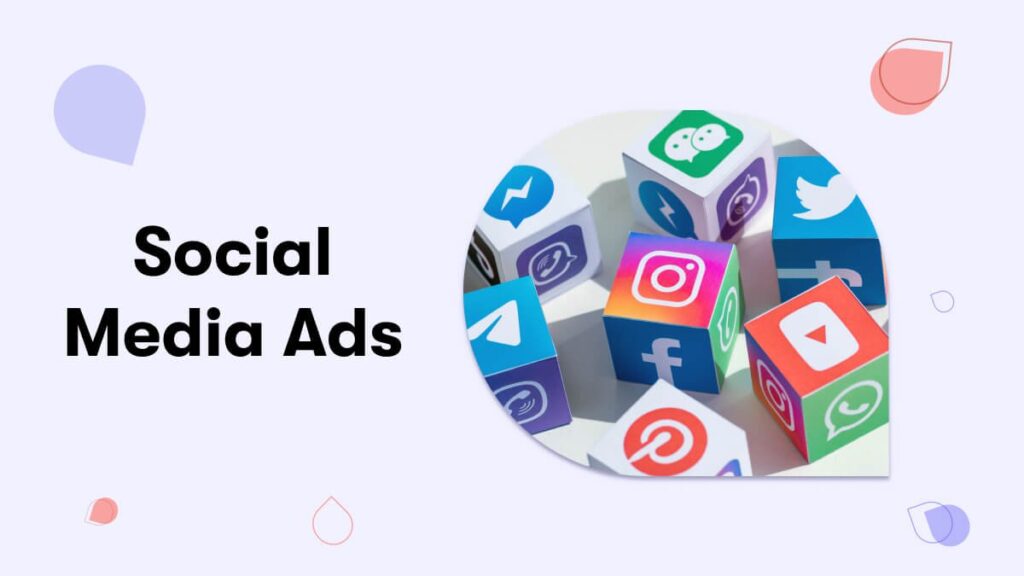
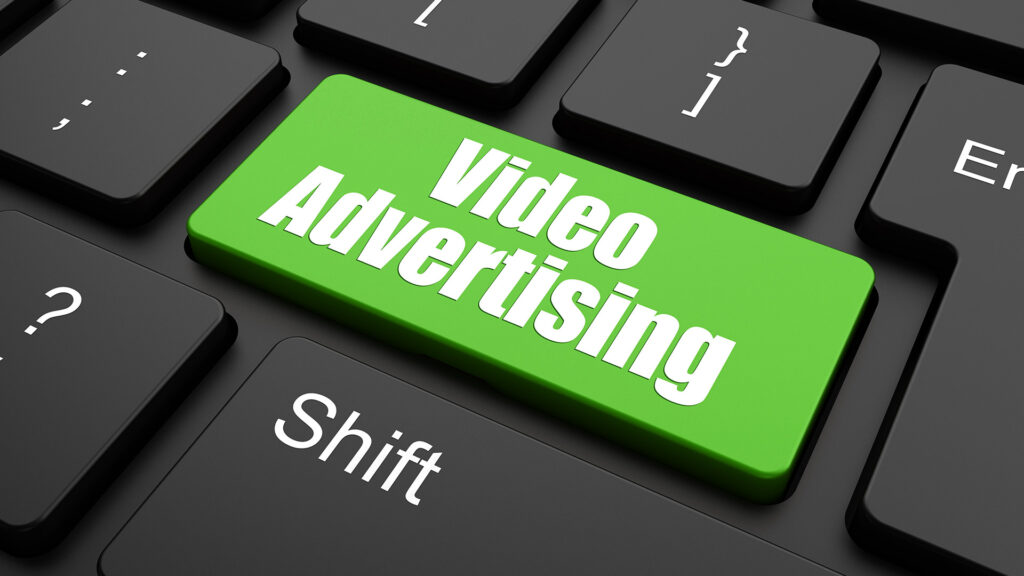
4. Video Ads
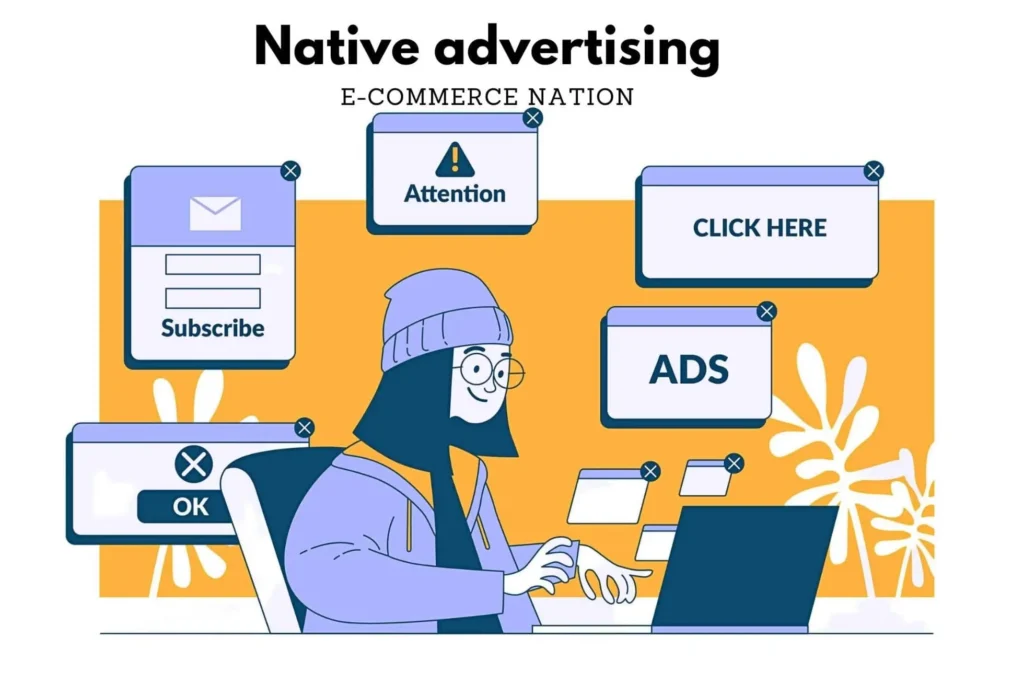
5. Native Ads
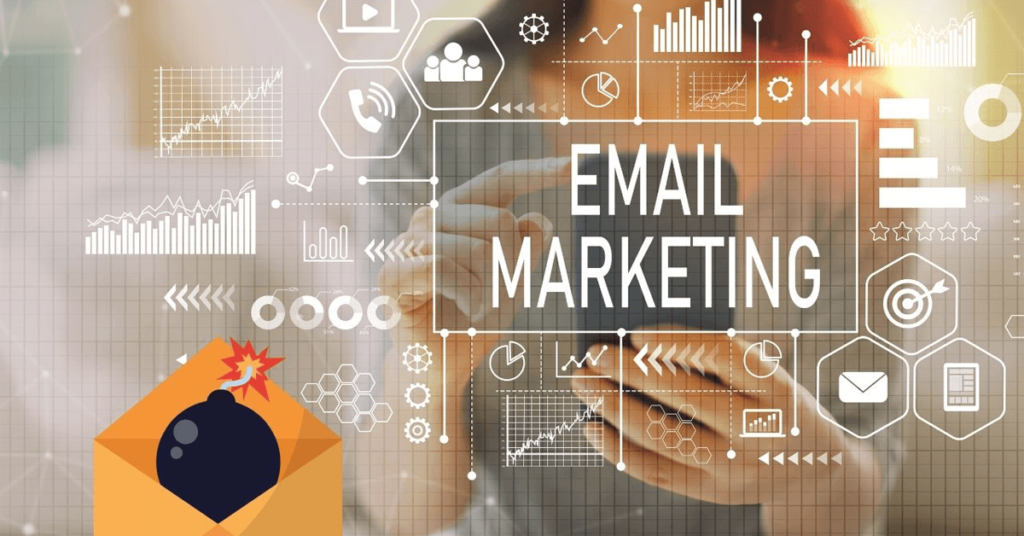
6. Email Ads

7. Affiliate Ads
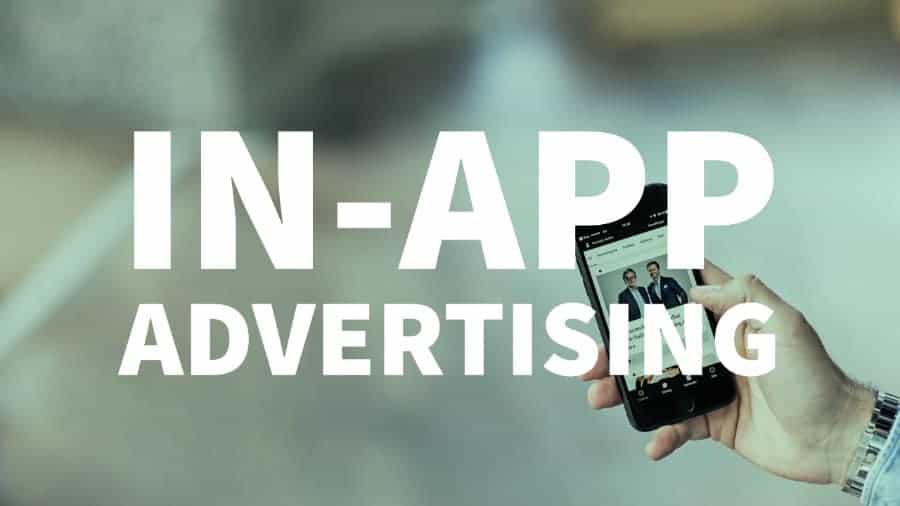
8. In-App Ads
Description: Ads displayed within mobile apps, such as banner ads, interstitials (full-screen ads), or rewarded video ads (e.g., users watch an ad to earn in-app rewards).
